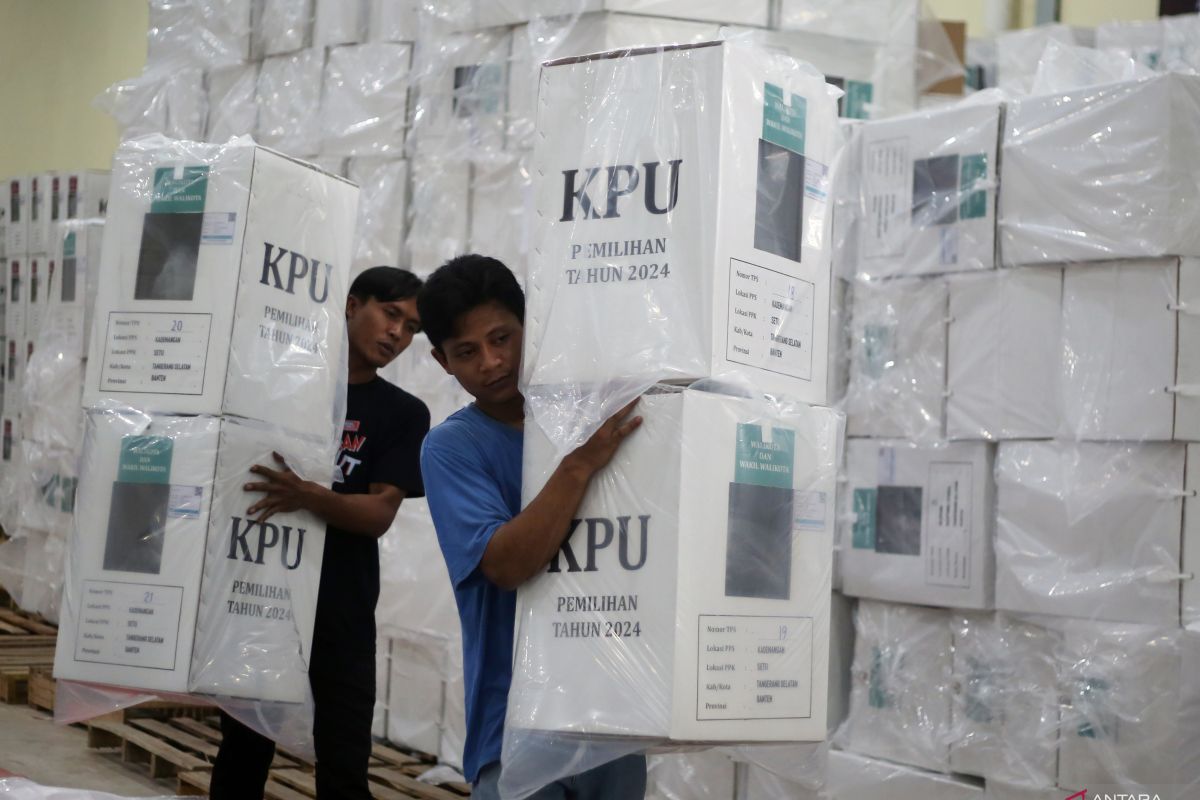Headline: Indonesia to Conduct 2024 Regional Head Elections on November 27
Jakarta, Indonesia — Indonesia is set to embark on an important political milestone as it prepares for its 2024 Regional Head Elections on November 27. The elections will take place across 37 provinces, 415 districts, and 93 cities, involving 1,557 pairs of candidates vying for leadership. Upholding the principles of democratic integrity, including transparency and fairness, will be critical for the smooth execution of this electoral process.
Significance of the Elections
The upcoming elections are pivotal not only for local governance but also for the integrity of Indonesia’s political landscape. The elected governors and vice governors will be inaugurated on February 7, 2025, while the inauguration of district heads, deputy district heads, mayors, and deputy mayors is slated for February 10, 2025. These leaders are expected to deliver on their campaign promises and foster progress in their regions while maintaining a strict stance against corruption.
Former Election Organizer Rajiv Rahman emphasizes the need for integrity in these elections, stating, “Regional heads hold significant power in managing government and financial resources. It’s imperative that these elections are conducted with transparency to maintain public trust.”
The Fight Against Corruption
The need for stringent anticorruption measures has never been more urgent. According to the Corruption Eradication Commission (KPK), as of 2023, there have been 188 regional heads implicated in corruption cases. This concerning statistic underlines the importance of adhering to ethical practices to prevent vote buying and ensure fair elections.
To combat corruption effectively, the KPK is utilizing its Monitoring Center for Prevention (MCP). This initiative is aimed at mapping out corruption-prone areas and monitoring governance practices within regions. The MCP focuses on eight key intervention areas:
- Strategic planning
- Regional budgeting
- Procurement of goods and services
- Public services management
- Supervision by the Government Internal Control Apparatus (APIP)
- Civil servant management
- Optimization of regional tax collection
- Management of regional assets
Recent evaluations indicate progress, but the national index for corruption prevention fell slightly to 75.13 in 2023, suggesting a need for continued vigilance and reform.
KPK’s Coordination and Supervision Directorate is revising MCP indicators in response to declining performance metrics, setting the stage for more robust evaluations in 2024. These adjustments reflect ongoing challenges and the critical nature of integrity in regional governance.
Preparing for Election Day
In preparation for the elections, the General Elections Organizer Honorary Council (DKPP) convened 622 election officials in Jakarta from November 4 to 6, 2024. The meeting aimed to reinforce ethical standards among election organizers. Notably, the DKPP reported receiving 581 complaints regarding ethics violations—significantly higher than the 325 complaints recorded in 2023.
The urgency for ethical compliance underscores the commitment of President Prabowo Subianto and Vice President Gibran Rakabuming Raka to eradicate corruption. In his inaugural address on October 20, Prabowo underscored the government’s resolve to confront budget leaks and collusion among officials. He affirmed the administration’s dedication to enhancing systemic checks and balances through rigorous law enforcement and digitalization efforts.
Vice President Gibran echoed these sentiments, calling for regional heads to take the MCP’s directives seriously. Their firm messages serve as a wake-up call for candidates: prioritizing integrity can pave the way for corruption-free governance.
Community Engagement and Impact
The impact of these elections extends beyond local governance. Engaging residents in the electoral process fosters a vibrant democracy and enhances public oversight. Observers note that encouraging participation can significantly strengthen democratic practices in Indonesia, especially in areas historically underrepresented.
As the elections approach, it is vital for technology enthusiasts and professionals to stay informed about developments and the implications of these political changes. The interplay between governance, technology, and civic engagement can shape not only the political landscape but also the future of Indonesia’s public service delivery.
Get involved! Share your thoughts on the upcoming elections and how you think integrity can be improved in local governmental practices. Your insights could inspire others to engage more meaningfully in shaping their communities.
For more information on Indonesia’s democratic processes and innovations in governance, check out our related articles or visit TechCrunch for broader insights into global technologies affecting governance today.


